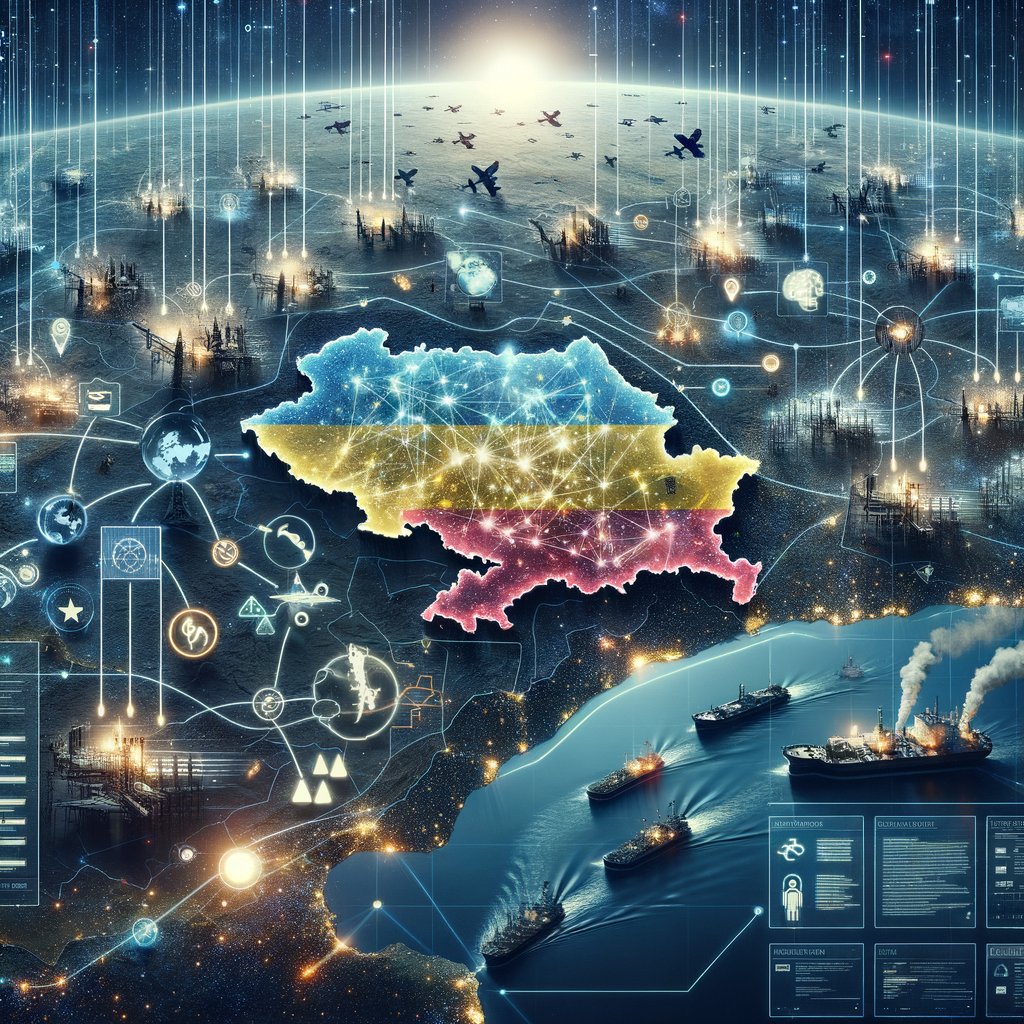Image created by AI
Rising Tensions: Russia Accuses Moldova of Military Plots and NATO Collusion
In a recent crescendo of accusations and geopolitical maneuverings, Russia has leveled serious allegations against Moldova, claiming that President Maia Sandu is orchestrating a military operation against the secessionist region of Transnistria. These assertions have stoked fears of a possible Russian-engineered false flag operation, aimed at justifying aggressive moves against Moldova and potentially destabilizing its progress toward European Union (EU) membership.
Transnistria, a slender strip of land between the Dniester River and Ukraine, declared independence from Moldova in 1990 but has not gained international recognition. It aligns closely with Russia, hosting Russian troops and forming a critical juncture in Eastern European geopolitics. The region came into the spotlight again when Russia, via its Foreign Intelligence Service, announced that Sandu was planning military actions there—a claim that has been vehemently denied by Moldovan officials.
Amid these military accusations, Russia's Foreign Ministry added that NATO is allegedly converting Moldova into an arms conduit for Ukraine, further complicating the situation. Maria Zakharova, a spokesperson for the ministry, suggested that Western weapons are being funneled through Moldova to support Ukraine, referencing Sandu's pro-Western stance as part of the basis for their allegations.
These developments occur as Moldova, under Sandu's leadership, reaffirms its intention to join the EU—a move that has evidently irked the Kremlin. Analysts, such as those from the Washington-based Institute for the Study of War, suggest that Russia's narrative may be designed to thwart Moldova's EU aspirations by painting it as a conflict zone, thereby facilitating a pretext for Russian intervention.
The geopolitical intrigue extends beyond mere military posturing. Moldova grapples with an energy crisis, heavily reliant on Russian gas which transits through Ukraine to Transnistria. Amidst these tensions, Ukraine has expressed intentions to halt this transfer, prompting fears of energy scarcity in Moldova. President Sandu has denounced Gazprom's inflexibility in negotiating alternative pipeline uses, warning of a tough winter ahead for her country. Additionally, in December, Moldova declared a state of emergency over anticipated gas shortages.
Furthermore, Moldova’s landscape is dotted with instances of unrest and alleged subversion. Explosions in Transnistria in April 2022, which targeted governmental and infrastructural sites, were labeled by Ukraine and its allies as Russian-staged false flag operations. These claims highlight the region's volatile security situation and the complex web of influences that define it.
Domestically, Sandu's presidency continues to face challenges not only from external powers but also from within, as pro-Russian factions and oligarchs allegedly fuel anti-government sentiments. Her recent electoral victory points to a public tilt towards European integration, yet the road remains fraught with obstacles, both politically and in terms of national security.
As the situation continues to unfold, the international community watches closely, aware that the stability of Moldova—and potentially that of the broader Eastern European region—hangs in balance. Observers remain cautious, as the specter of Russian intervention looms, reminding onlookers of the delicate interplay of power, sovereignty, and regional aspirations that characterize post-Soviet geopolitics.










